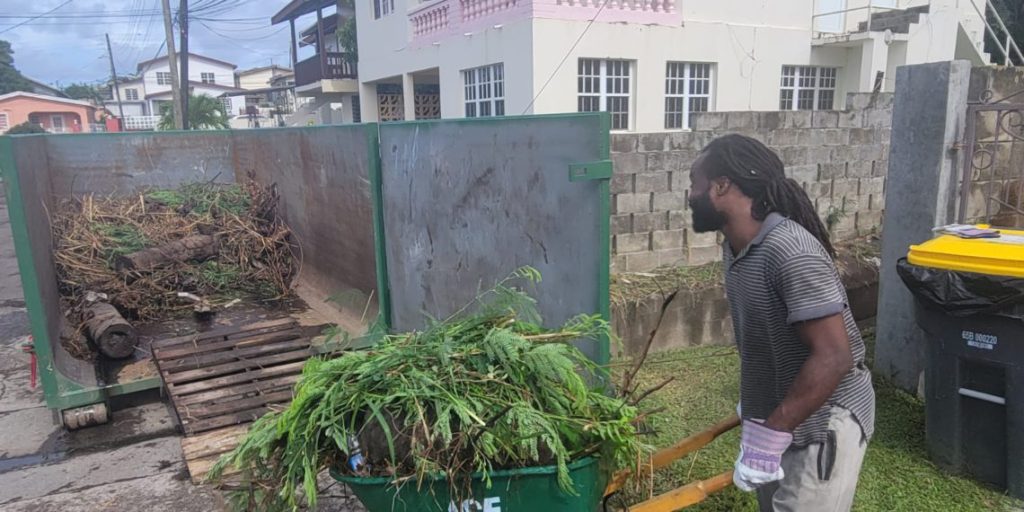Government Strengthens Anti-Gang Legislation as Prime Minister Drew Urges Youth Towards Positive Choices
The escalating gang violence in Saint Kitts and Nevis prompted the government to introduce and pass the Gang (Prohibition and Prevention) (Amendment) Bill, 2025. Prime Minister Dr. Terrance Drew addressed the National Assembly, underscoring the urgency of the situation. He cited a USAID Criminal Dynamics Study revealing that gang-related activities account for half of the nation’s homicides, with firearms being the predominant weapon used. The Bill, a strengthened version of the 2011 legislation, seeks to address the evolving nature of criminal organizations and their increasing influence, particularly among youth. Police data from 2023 identified 15 gangs with 323 members, concentrated primarily in Basseterre and Cayon, with a worrying six percent of secondary school students admitting to current or former gang affiliation.
The 2025 amendment significantly strengthens the existing legal framework by broadening definitions, increasing penalties, and introducing new offenses to more effectively combat gang-related activities. Penalties have been substantially increased to align with the amended Firearms Act, with fines reaching up to EC$250,000 and imprisonment of up to 30 years for individuals involved in forming or encouraging gang membership. Leadership roles within gangs, participation in gang-related criminal activity, and gang affiliation by law enforcement officers now carry even harsher penalties, with fines reaching EC$500,000 and imprisonment extending up to 40 years. The definition of “gang-related activity” has been expanded to encompass a wider range of actions, including planning, aiding, abetting, conspiracy, online promotion of gang activities, and obstruction of justice.
The legislation introduces key new terms, including “firearm,” “offensive weapon,” and “retaliatory action.” The inclusion of “retaliatory action” specifically targets threats, property damage, and cyber harassment, reflecting the evolving methods used by gangs to intimidate and exert control. New offences outlined in the Bill include impersonating a law enforcement officer and retaliating against individuals who cooperate with authorities or attempt to leave a gang. These additions aim to provide stronger legal tools to protect witnesses and encourage individuals to disengage from gang life. The Bill also expands the range of admissible evidence in court, allowing for consideration of self-admissions, affiliations, and statements made on behalf of a gang, strengthening the prosecution’s ability to secure convictions.
Further strengthening the legal framework, the Bill grants the High Court broader jurisdiction and allows for the treatment of minors as adults in cases involving serious gang-related offences. This provision acknowledges the gravity of certain crimes committed by minors within the context of gang activity and ensures that the justice system can respond appropriately. While the Bill introduces robust legal measures, Prime Minister Drew emphasized that the government’s approach is not solely punitive. The legislation also aims to deter individuals from joining gangs and offers pathways for rehabilitation and reintegration into society.
Complementing the legal framework, the government is implementing various national initiatives designed to provide alternatives to gang involvement. Programs such as the ELEVATE Programme and the Explorers Clubs, along with school-based outreach activities, seek to divert youth away from gangs by offering educational opportunities, vocational training, and positive social engagement. These initiatives recognize the complex social factors that contribute to gang membership and aim to address the root causes of the problem. Prime Minister Drew directly addressed the nation’s youth, emphasizing that they have options beyond gang life.
In his address, Prime Minister Drew underscored the government’s commitment to providing support through education, training, and second chances. He emphasized that resorting to violence is not the only option and that the government is dedicated to creating pathways for young people to achieve their full potential. The Gang (Prohibition and Prevention) (Amendment) Bill, 2025, is a cornerstone of the government’s comprehensive strategy to combat crime and create a safer, more secure environment for all citizens. It represents a multi-pronged approach, combining robust legal measures with preventative programs and rehabilitation initiatives. The overarching goal is to foster a society where all individuals can live with dignity, free from the fear and violence associated with gang activity.
Share this content:










Post Comment